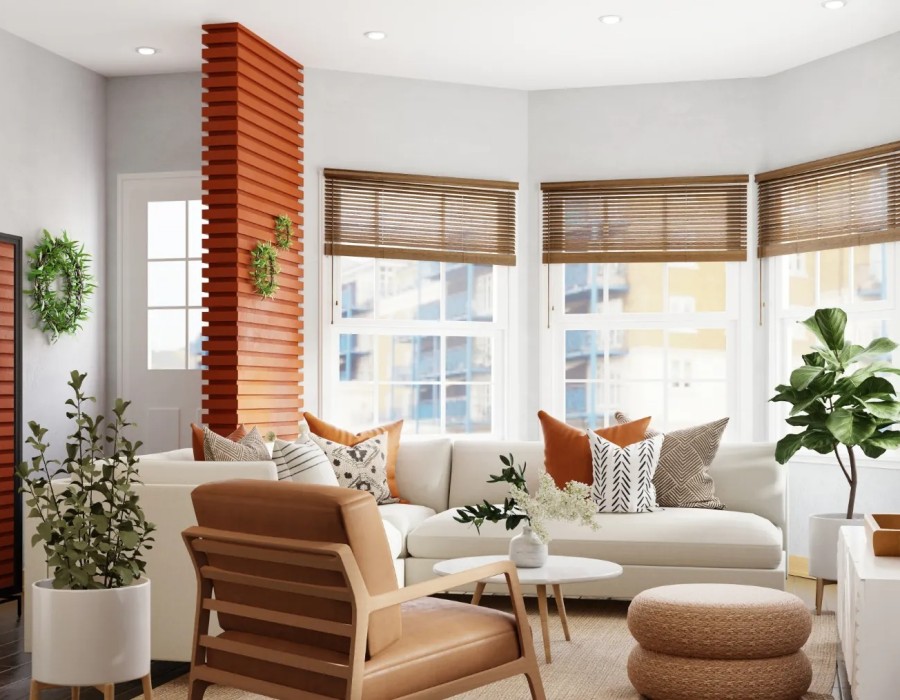A house extension is an exciting opportunity to increase the living space of your home, enhance its functionality, and add significant value to your property. Whether you need extra space for a growing family, a home office, or a hobby room, a well-planned extension can transform your home, offering both practical benefits and aesthetic appeal. However, embarking on this project requires careful consideration of various factors to ensure the final result meets your needs and complements your existing structure.
Understanding the Purpose of Your Extension
Before starting a house extension, it’s crucial to clearly define the purpose of the additional space. Are you looking to create a larger kitchen, an extra bedroom, a sunroom, or perhaps a new living area? Understanding your primary goal will guide the design process and help you make decisions regarding layout, size, and the type of extension best suited for your needs.
For instance, a single-story rear extension is ideal for expanding the kitchen or living area, providing a seamless connection to the garden. On the other hand, a double-story extension could add more bedrooms and bathrooms, catering to the needs of a growing family.
Designing for Harmony and Functionality
The design of your house extension should harmonize with the existing architecture of your home. A mismatched extension can diminish the aesthetic appeal and, consequently, the value of your property. Work with an architect or designer who understands how to blend the new structure with the old, considering factors like rooflines, materials, and window styles.
Functionality is equally important. The layout should enhance the flow of your home, ensuring that the new space is accessible and practical. Consider how natural light enters the space, how it will be heated, and how it connects to other rooms. Open-plan designs are popular for extensions, offering a modern, spacious feel that maximizes light and movement.
Navigating Planning Permissions and Regulations
House extensions often require planning permission from local authorities, especially if they significantly alter the appearance or footprint of your home. Familiarize yourself with the regulations in your area, as these can vary widely. Some extensions, such as small rear or side extensions, may fall under permitted development rights, meaning you won’t need formal planning permission.
However, even if planning permission is not required, building regulations must still be adhered to. These regulations cover structural integrity, fire safety, insulation, and ventilation, ensuring that your extension is safe and energy-efficient.
Budgeting Wisely
The cost of a house extension can vary greatly depending on the size, complexity, materials, and location. Setting a realistic budget from the outset is essential to avoid unexpected costs that could delay or compromise the quality of the project. It’s wise to include a contingency fund of around 10-15% of the total budget to cover unforeseen expenses.
When budgeting, consider both the immediate costs and the long-term value. A well-executed extension can significantly increase the value of your home, making it a smart investment. However, be cautious of over-extending, as the cost should be proportionate to the overall value of the property and the local real estate market.
Choosing the Right Professionals
The success of your house extension largely depends on the professionals you choose to work with. An experienced architect can help you navigate design and planning challenges, while a reputable builder will ensure the construction is completed to a high standard. Take the time to research, seek recommendations, and review portfolios before making your final decision.
Final Thoughts
A house extension is a substantial investment that can dramatically improve your home’s livability and value. With careful planning, thoughtful design, and a clear understanding of your goals and budget, your extension can be a seamless addition that enhances your lifestyle and makes your home more functional and beautiful. Whether you're expanding to accommodate a growing family or creating your dream space, a house extension offers endless possibilities for improving your living environment.





Comments